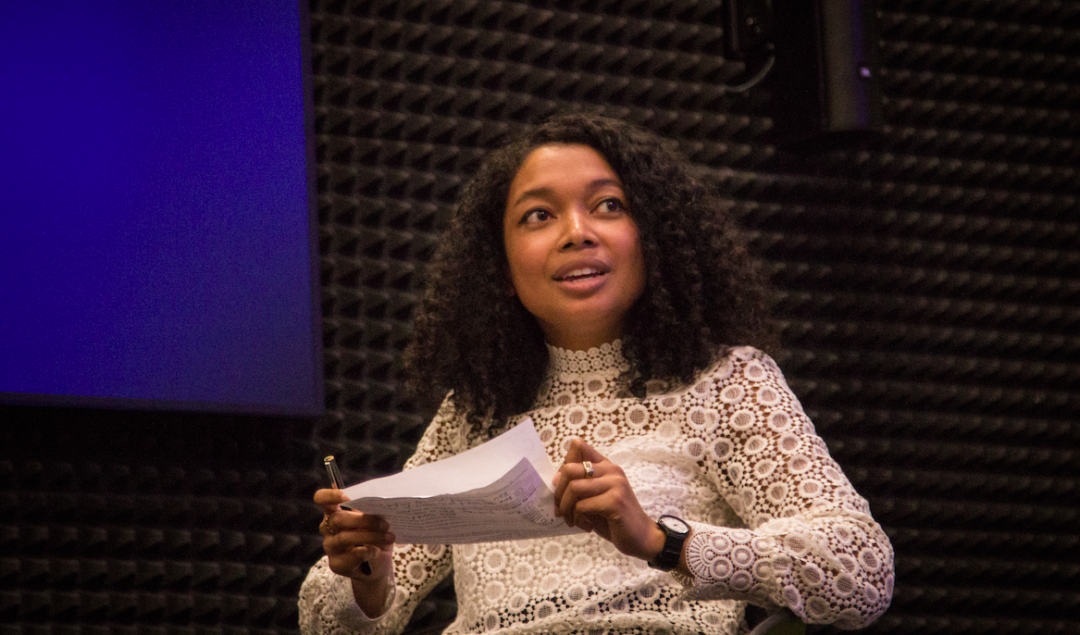Diversity Is Not A ‘Nice To Have’

When it comes to fostering diversity and inclusion in your company, either go hard or go home. Seriously. You can’t do light touch diversity and inclusion. It’s not a box to tick, a “nice to have”, or something you can dip in and out of. It requires long-term commitment and a significant investment of your resources. After all, what thing worth having comes easy in this world?
I won’t bore you with the overwhelming data on diversity’s positive impact on profitability, McKinsey among a number of other reputable firms have already done that quite well. I write this in response to a question I hear time and time again at tech events across London, often posed by founders and recruiters, “We want to be more diverse, what do you suggest we can do better?”
The problem with that question is that it oversimplifies a complex issue and assumes there’s a silver bullet that can save the day. Getting diversity and inclusion right for your organization takes examination and expertise which can’t be accomplished in a single conversation. If you really want to make your company more inclusive and representative of the world in which you operate, you need to start by understanding why all companies aren’t inclusive and representative by default in the first place.
This research on privilege, inequality, and oppression takes time and will bring up lots of difficult emotions regardless of your identity. You will feel guilt, shame, and defensiveness. I know because I do. But investing time in this is the key to getting your mind in the right space to begin developing effective strategies that will work for your organization. You need to really understand the roots of the problem before you begin designing a solution.
How can you expect to empathize with the underrepresented people you hope to attract, hire and include if you haven’t walked a mile in their shoes? Read their accounts of life and work? Listened to their stories? I write this as a person with a number of privileges. For example, I’m able-bodied. I’m heterosexual. I’m cisgender. This means I must work harder to empathize with those with less privilege in our society e.g. disabled, LGBTQI and trans people. Privilege is invisible to those who have it, to quote American sociologist, Michael Kimmel. It’s why so many men were genuinely shocked and surprised over the deluge of #MeToo revelations.
The privileges we each have are blockers to the empathy required to attract and retain diverse talent. Think of privilege as limiting our outlook, when we need to be open and adaptable to create positive change and make progress. So you want to champion inclusion in your company, great. But wanting to do it is not enough. Asking the questions is not enough. Ask yourself — are you really ready to understand this problem? Are you ready to invest the time in speaking to underrepresented people and understanding their challenge in the workplace? Because if you’re not — please don’t even bother.
By trying to ‘do diversity’ by attending a talk or reading an article you are going to do more harm than good. You will convince yourself you’re woke while still blinded by bias – conscious and unconscious. At the root of all social change is empathy and you can’t fast track empathy. You can’t download it. You can’t skim read it. You can’t absorb it through the highlights. You have to live and learn it.
There are academics devoting their life to understanding the causes of underrepresentation and developing data-driven strategies to foster inclusion. These are the experts. Not me, not you. Start by doing your research. Treat it like you would treat any other research project. Read far and wide from credible sources. Then spend time speaking to underrepresented people. It is a journey and you’ll be working on it constantly. Organisations like Paradigm IQ and Fearless Futures are focused on making tech, and other industries, more diverse and inclusive— hire them to help your company.
Put your ego to one side and don’t fall for the harmful narratives circulating out there like pipeline issues and lowering the bar. This is just BS. The only way to stop the toxic harassment in our industry is by elevating a wider range of identities into leadership. It’s going to be hard, but it isn’t impossible. Let’s all be courageous and motivated to get this right. Or techies will just be the investment bankers of the 2020s – the selfish money grabbing capitalists who did more harm than good.
Abadesi Osunsade is the founder of Hustle Crew, a career advancement community for the underrepresented in tech, and the author of new careers advice book, Dream Big Hustle Hard: A Millennial Woman’s Guide to Success in Tech, available on Amazon now. She has worked at Amazon, Groupon and is currently a part of the community team at Product Hunt / AngelList.



